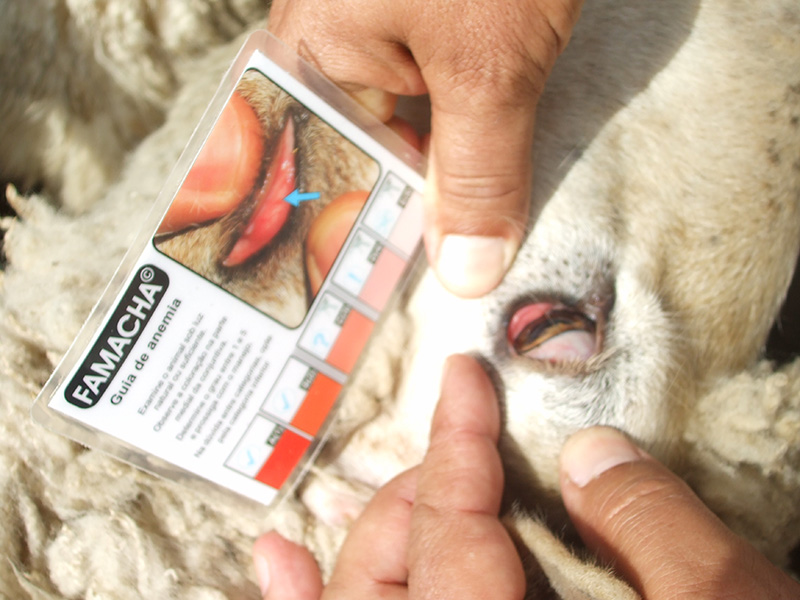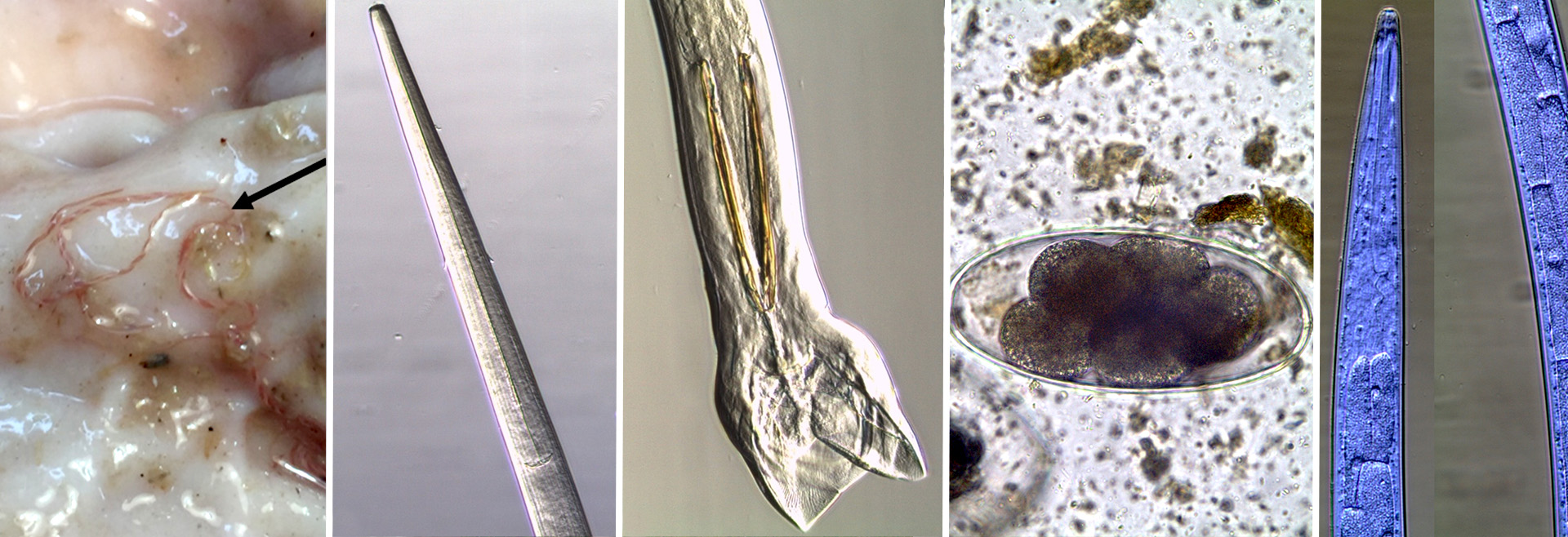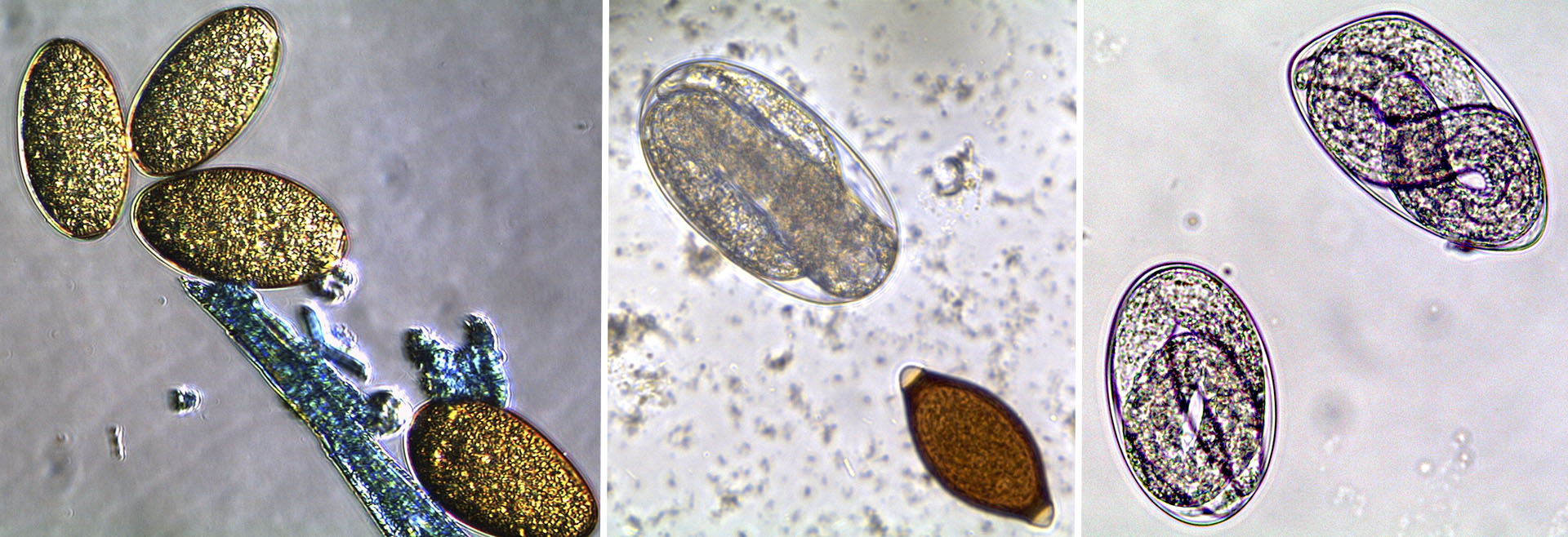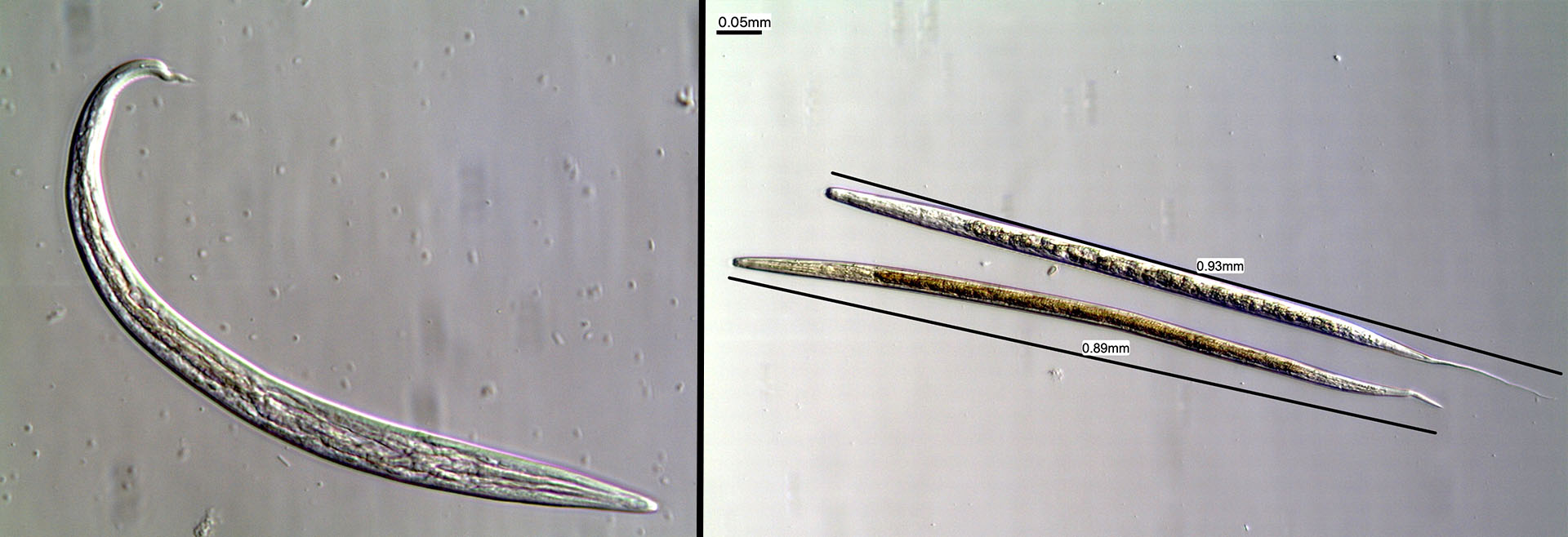Task 1

This task involves the collection of field samples and the collation of epidemiological data. A total of 35 farms and 30 animals per farm will be sampled, which will result in 1050 individual samples. Sampling will take into account the geographical distributions of the Merino sheep farms in Portugal, in order to maximize the probability of capturing spatial variation in parasite species distribution. Sampling will be performed during interventions carried out by ANCORME, to avoid additional stress to animals. A sample of approximately 15-20g of faeces will be collected from animals aged between 4 and 12 months into individual sample collection vials and stored refrigerated until processing. Blood samples will be collected by jugular venepuncture into vacutainer and K3EDTA vacuum tubes. All samples will be stored refrigerated until processing. Anemia will be assessed with the FAMACHA© score during sample collection. During farm visits, a questionnaire will be implemented in a direct interview with sheep breeders, in order to obtain important epidemiological information: individual and flock data (sex, age, flock size), management practices (production system, anthelmintics, deworming strategies) and farm productivity.
Institutions involved and members of the team in this task:
ANCORME
- Tiago Perloiro
- Ana Carrasco
- Rafael Silva
- Tiago Appleton
- Filipa Taniças
Expected outputs:
- Provide the necessary faecal and blood samples for the next tasks
- Collection of epidemiological data to estimate the prevalence, spatial distribution and risk factors of the different parasite species
- Ranking of animals according to FAMACHA© results and body weight (phenotypic resistance markers).


















